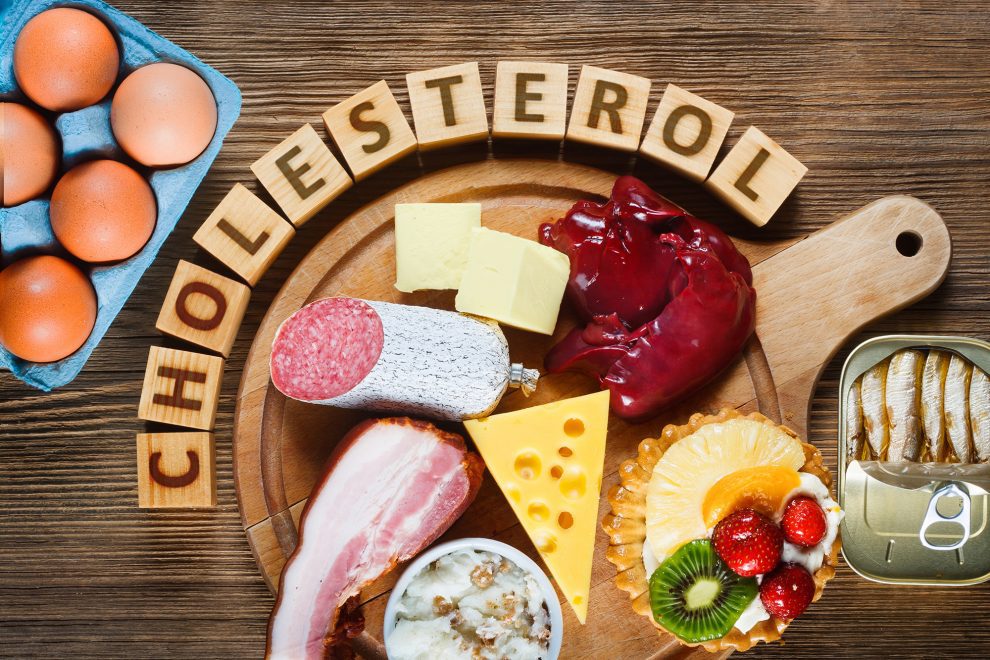What is cholesterol?
First thing’s first, cholesterol is a modified steroid, fatty molecule that is predominantly produced in the liver. There are two main types of cholesterol carrying proteins; high-density lipoprotein (HDL), and low-density lipoprotein (LDL).
Why do we need it?
Cholesterol is an essential for your body, and is vital for the production of cell membranes. It is also involved in many key metabolic processes, including aiding in the digestion of fat.
What is the difference between good and bad cholesterol?
A major misconception about cholesterol is that one type of cholesterol is good and one type of cholesterol is bad. Incorrectly, LDL is labelled “bad” and HDL is “good”. The truth is both types of cholesterol carrying proteins contain “good” and “bad” elements. LDL and HDL both contain small and large components. The large components of LDL and HDL are beneficial for normal body metabolism, and the small components of LDL and HDL promote fatty deposits in the artery wall.
What does “good” cholesterol do?
The beneficial large component of HDL – helps keep cholesterol away from your arteries and remove any excess from arterial plaque, helping to prevent heart disease. The large component of LDL is vital for normal cell metabolism, healthy cell membranes and the production of the essential steroid hormones, bile salts and vitamin D metabolism.
What does “bad” cholesterol do?
The “bad” cholesterol – small components – is what can contribute to cardiovascular disease, such as heart attack and stroke. The small components of LDL circulate in your blood and may build up in your arteries, forming plaque that makes your arteries narrow and less flexible. Heart attack or stroke may occur if a clot forms in one of these narrowed arteries leading to your heart or brain. The small components of HDL are pro-inflammatory.
What can I do to achieve good cholesterol?
Unfortunately a standard blood test can’t measure the amount of “good” or “bad” components in your system. Avoiding foods containing trans fat & processed carbohydrates, eating a diet rich with fresh fruits and vegetables, and regular physical activity can help to maintain good health. As part of your health regimen you may also want to consider supplementation, with Ubiquinol. Ubiquinol is the reduced (active) form of coenzyme Q10 and is a highly efficient antioxidant to combat oxidative stress associated with increasing age, including oxidation of LDL cholesterol. Speak to your healthcare practitioner further about supplementing with Ubiquinol.





















Add Comment